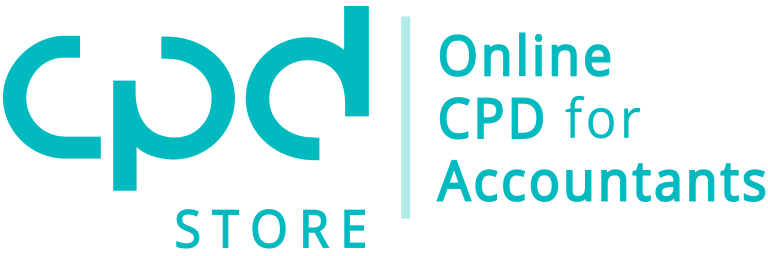As the global economy accelerates its shift from the 1970s-2000s paradigm of globalization, Ireland finds itself at the economic policies crossroads, with its feet firmly stuck in the old world of outsourcing, corporate offshoring, and cross-border tax competition. The new, although still emerging geopolitical and geoeconomic world order, framed by the Great Powers Competition (US vs China+, G7+ vs BRICS), presents major threats and offers many opportunities for small open economies, like Ireland. However, to capture these, Dublin will need to dramatically reorient its domestic and international economic development policies, including the overarching architecture of its taxation policies and longer-term fiscal spending priorities. The accounting profession in Ireland has a major role to play in: leading the restructuring the policy priorities, helping design new tax and economic policy architecture, and providing corporate and small business clients with timely advice on future tax strategies.
Constantin Gurdgiev will cover the following topics during this webinar:
- The key principles guiding tax policy and tax-aligned economic incentives: the entrepreneurial tax policy supporting formation of new high value-added enterprises, and the extractive tax policy sustaining the current status quo ante of using domestic tax system for achieving redistributive justice.
- Application of these principles to Irish economic development case.
- Positioning of these principles in international (cross border trading and investment) context;
- How the aspects of Irish domestic economic development prioritization can help mitigate challenges presented by the Great Powers Competition to Irish MNCs-tilted economic development model; and
- What opportunities specific policy dimensions of the new tax policy architecture can present to Irish investors, entrepreneurs, businesses and their advisers.
By attending this session you will be exposed to some of the core principles behind macroeconomic thinking about fiscal policies; contextualized to these principles to concrete policy ideas; and lay foundations for future engagements with policymakers and business clients in addressing the key challenges faced by the Irish economy into the next decade.
This session will be primarily targeted to: business advisers, tax advisers, investors and business owners.
Course Level: Intermediate
